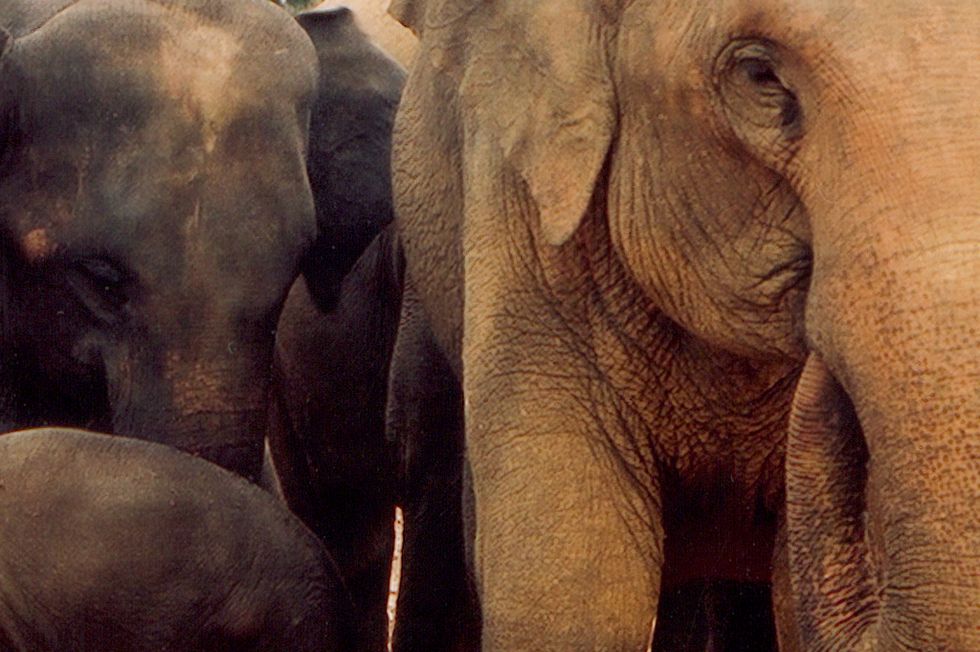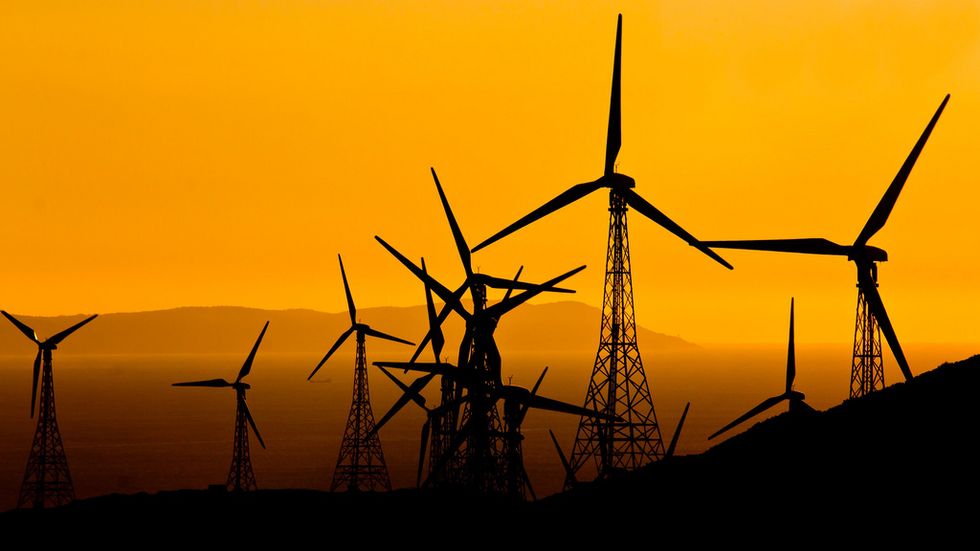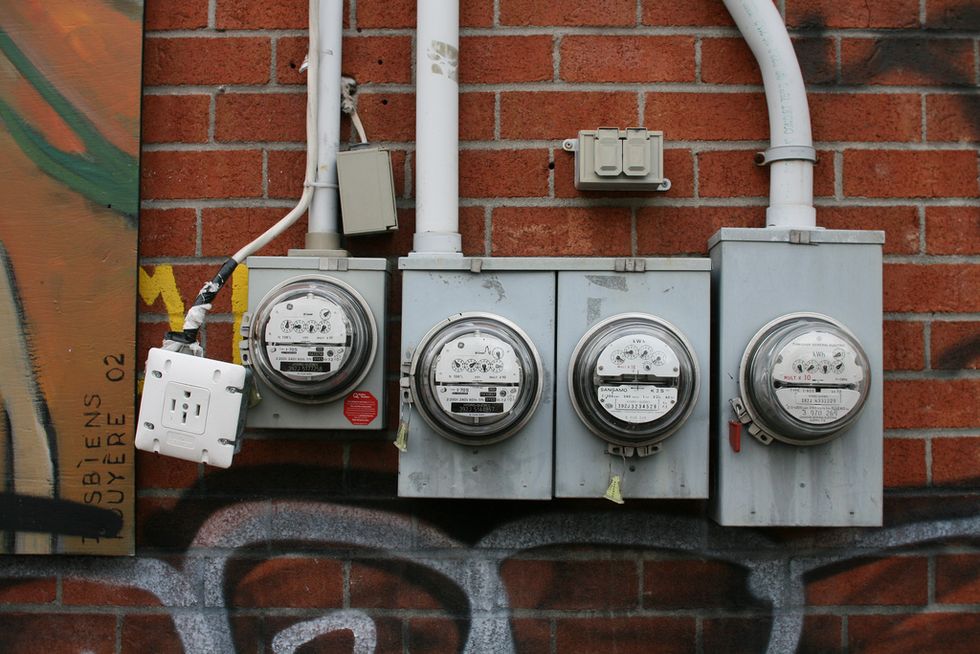'Mother Earth,' the metaphorical phrase we sometimes use to refer to our planet, has religious and mythological ties in history, literature, and speech. Numerous societies identify women with the land, simply because of how both can give and sustain life; regardless, we fail to reciprocate that care with both women and the earth. As a result, Mother's Day gives us the opportunity to adopt new environmentally-friendly behaviors. This of course includes reducing, reusing, and recycling, but there are multiple other ways to give thanks to your mom and nature
1. Support programs and organizations that care for animal populations
Up against humans, all animals are victims. Even the most intimidating, aggressive creatures you can think of are negatively impacted by the ever-growing human population, including lions, rhinoceros, and buffalo species. Hunting and poaching leads to population decline, animals abandoning their homes, family/group dynamics destroyed, and more. Elephants, for instance, suffer for their ivory tusks, which poachers cut off and then flee as the elephant bleeds and dies defenseless.
According to Animal Planet, female elephants in a herd all help the mother with her newborn, "...including grandmothers, sisters, aunts and even cousins. These full-time baby-sitters are called 'Allomothers,' and they help in every aspect of rearing the young calves."
We can help the Allomothers too, by donating or supporting organizations that help to prevent unnecessary and cruel hunting and poaching. And, as all animals are victims to some form of human behavior, please seek out an organization (or two) that need your advocacy.
2. Eat less meat
You've probably heard that eating less meat is beneficial to the environment, but do you know why? Well, when we think of the processes that go into the meat industry, we realize that a large quantity of energy is used. We raise thousands of cows, pigs, and chickens to be slaughtered. Naturally, that means their diets consist of the cheapest options. These cows, for example, are often not provided a grass-fed diet (which is what cows are supposed to eat). This leads to digestive issues and a lot of methane gas. (Methane gas, by the way, is a contributor to global warming.)
But besides that, farmers use approximately 2,000 gallons of water to keep livestock hydrated; the packaging for the meat, plastic and styrofoam, cause pollution; the gas emissions to transport the meat aid to global warming; and more.
A diet heavy in meat is not only healthy for you, but for the Earth too. It's simply not sustainable.
3. Invest in renewable energy
Renewable energy, including solar, wind, hydroelectric, and geothermal, can be expensive, though costs do go down as time goes by. However, investing doesn't necessarily mean money—you can invest your time by voicing support to your government officials and other advocates. And you should: renewable energy contributes to better public health, limits fossil fuel emissions, and helps construct an all-around healthier environment.
4. Be conscious of your energy use at home
By lowering your energy use at home, you will not only reduce the cost of your monthly bill but contribute to a healthier planet. Often, this includes small, simple changes in your weekly habits such as the following: wash only full loads of laundry and in cold water when you can, limit your bathing time, dry your clothes on a clothesline outside when possible, unplug appliances, etc.
In summation, being concious of energy consumption, water consumption, any resource consumption will contribute to Mother Earth's health. Therefore, support the earth not only on Mother's Day, but every day.










 The minimum wage is not a living wage.
StableDiffusion
The minimum wage is not a living wage.
StableDiffusion
 influential nations
StableDiffusion
influential nations
StableDiffusion












